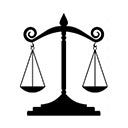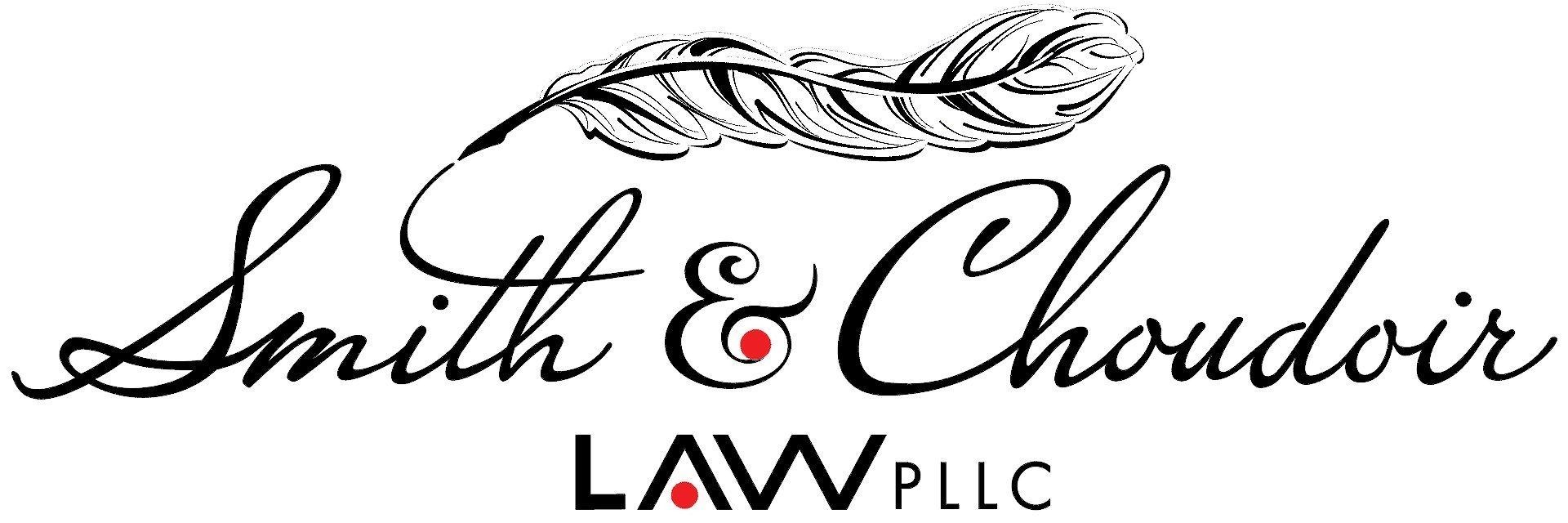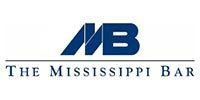Bankruptcy Filing Services
Southwest Mississippi
Virtual Zoom Consultations Offered
60+ Years of Combined Experience
Emergency Consultations Available
Hours:
Request Free Consultation
Hero Request Form
Thank you for contacting us.
We will get back to you as soon as possible.
Please try again later.
Comprehensive Bankruptcy Solutions
At Smith & Choudoir Law PLLC, we understand the complexities of bankruptcy law and offer expert guidance for individuals and businesses in southwest Mississippi. Our firm specializes in both Chapter 7 and Chapter 13 bankruptcy filings, providing tailored solutions to help you regain financial stability.
Our experienced attorneys at Smith & Choudoir Law are committed to providing personalized attention and effective solutions for your financial challenges. Contact us to explore your bankruptcy options and take the first step towards financial freedom.
Recognizing the Need for Bankruptcy Assistance
Financial distress can manifest in various ways, and recognizing the signs early can be crucial. Smith & Choudoir Law can help you determine if bankruptcy is the right solution for your situation. Consider seeking our help if you're experiencing:
- Overwhelming credit card debt
- Threat of home foreclosure
- Wage garnishments
- Constant creditor harassment
- Inability to meet minimum payments
- Using credit for basic living expenses
- Considering debt consolidation
- Facing legal action from creditors
If you identify with any of these situations, it's time to consult with Smith & Choudoir Law. Our bankruptcy attorneys can assess your financial situation and guide you towards the most appropriate debt relief strategy.
Chapter 7 Bankruptcy
In Chapter 7, liquidation bankruptcy, the bankruptcy court forgives most debts that are not secured by assets or property, such as your house or car. Additionally, you are allowed to retain certain "exempt assets." The allowable exemptions are very generous, and in most cases, you will get to keep all of your property. However, under Chapter 7, a court-appointed trustee may take possession of your nonexempt property, arrange for its sale or liquidation, and is responsible for paying as many of your debts as possible with the proceeds. Please note that not all debts can be erased by filing for bankruptcy.
Chapter 13 Bankruptcy
Chapter 13, reorganization bankruptcy, may be your only choice if you have the income to repay your debts after all of your reasonable and necessary living expenses are paid. Filing for Chapter 13 bankruptcy allows you to pay your debts in installments, many times interest-free, usually over a 3-5 year period. If you are behind on your mortgage and your home has not sold at a foreclosure sale, Chapter 13 can save your home and allow you to catch up on your mortgage payments.
In some circumstances, Chapter 13 also allows you to strip or remove your second mortgage, provided your house is worth less than you owe on the first mortgage. Many people who want to keep their property, such as a house or car, opt for Chapter 13.
What Can You Keep When Filing for Bankruptcy?
In most cases, you can keep everything! With either Chapter 7 or Chapter 13, the law allows you to keep certain in exempt property, such as:
- Homestead - Property you own and occupy, up to $75,000
- Insurance - Homeowners insurance proceeds up to $75,000, disability benefits, life insurance proceeds (if clause prohibits proceeds from being used to pay beneficiary's creditors)
- Pensions - Tax-exempt retirement accounts including 401(k)s, 403(b)s, SEP, and SIMPLE IRAs
- Personal property - Mobile homes up to $30,000, tangible personal property up to $10,000 in individual bankruptcy or up to $20,000 in joint bankruptcy
- Public benefits - Federal income tax refunds up to $5,000, state income tax refunds up to $5,000, social security, unemployment, workers' compensation, assistance to the disabled
This is not a comprehensive list. Other items may also be exempt. Schedule a consultation with Smith & Choudoir Law to learn more.
What Debts Get Wiped Out in Bankruptcy?
In Chapter 7 bankruptcy, you can wipe out all debts except:
- Child support, alimony, fines, property settlements, criminal restitution, and some taxes
- Debts not listed in your bankruptcy
- Loans or debts incurred by fraud
- Debts resulting from willful and malicious harm
- Student loans
- Debts for death or personal injury caused while driving intoxicated
- Debts incurred to pay taxes
Some of these debts can be wiped out in a Chapter 13 bankruptcy.
The Importance of Professional Bankruptcy Guidance
Navigating bankruptcy law can be challenging, which is why professional guidance from Smith & Choudoir Law is essential. Our knowledge is crucial for:
- Determining the most suitable bankruptcy chapter for your situation
- Maximizing debt discharge potential
- Protecting your assets through exemptions
- Navigating complex bankruptcy procedures
- Ensuring compliance with all legal requirements
- Developing effective repayment plans in Chapter 13 cases
- Addressing creditor objections
- Providing representation in bankruptcy court
With Smith & Choudoir Law, you'll have experienced bankruptcy attorneys guiding you through every step of the process. Don't face financial challenges alone – reach out to us for professional support and solutions.
Advantages of Choosing Our Attorneys
When you partner with Smith & Choudoir Law for your bankruptcy filing needs, you gain access to a wealth of experience and client-focused services. Our firm offers:
- FREE initial consultations
- Virtual Zoom meetings for your convenience
- Direct attorney-client communication
- 60+ years of combined legal experience
- Membership in prestigious legal associations
- Locally and family-owned firm
- Flexible fee structures
Our commitment to personalized service and extensive bankruptcy law knowledge sets us apart. Contact Smith & Choudoir Law to experience the difference our dedicated team can make in your financial recovery journey.
Take Action Towards Financial Recovery
Financial stability is within reach, and Smith & Choudoir Law is here to help you achieve it. Our experienced bankruptcy attorneys are ready to provide the guidance and support you need to navigate the complexities of bankruptcy law. Whether you're considering Chapter 7 or Chapter 13 bankruptcy, our team will work diligently to create a personalized strategy that addresses your unique financial situation. Don't let debt control your life any longer – take the first step towards financial freedom by requesting a FREE consultation with Smith & Choudoir Law today.
The content of this page is not intended to be a source of legal advice. You should not rely on the intonation provided herein as legal advice for any purpose. You should consult an attorney for individual advice concerning your own situation. FREE BACKGROUND INFORMATION AVAILABLE UPON REQUEST.
We are a debt relief agency. We assist individuals and businesses to seek relief under the U.S. Bankruptcy Code.
- Bullet text
- Bullet text
- Bullet text
- Bullet text
- Bullet text
- Bullet text
- Bullet text
- Bullet text
- Bullet text
- Bullet text
Title or Question
Describe the item or answer the question so that site visitors who are interested get more information. You can emphasize this text with bullets, italics or bold, and add links.Title or Question
Describe the item or answer the question so that site visitors who are interested get more information. You can emphasize this text with bullets, italics or bold, and add links.Title or Question
Describe the item or answer the question so that site visitors who are interested get more information. You can emphasize this text with bullets, italics or bold, and add links.

CP #1 Headline
CP #1 Body
CP #1 CTA Lead-in
Not valid with any other offers or promotions. Restrictions apply.
Must mention this coupon at the time of scheduling.
Reviews

Free Consultations
Get our legal advice without any cost. We'll assess your situation and discuss your options, no strings attached.
Schedule Your Free Consultation Today



